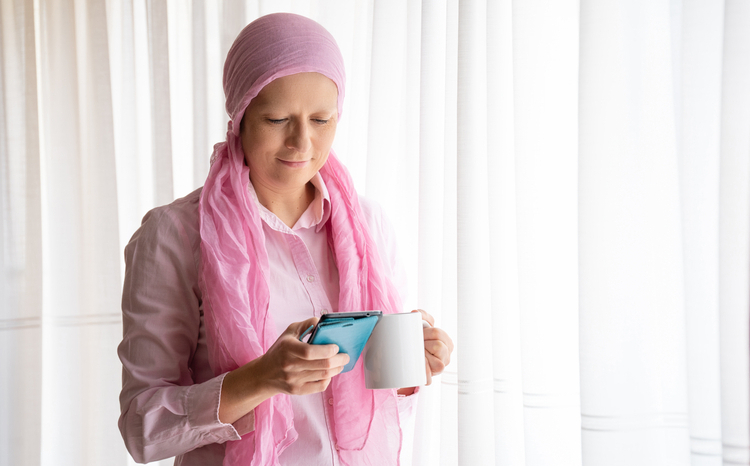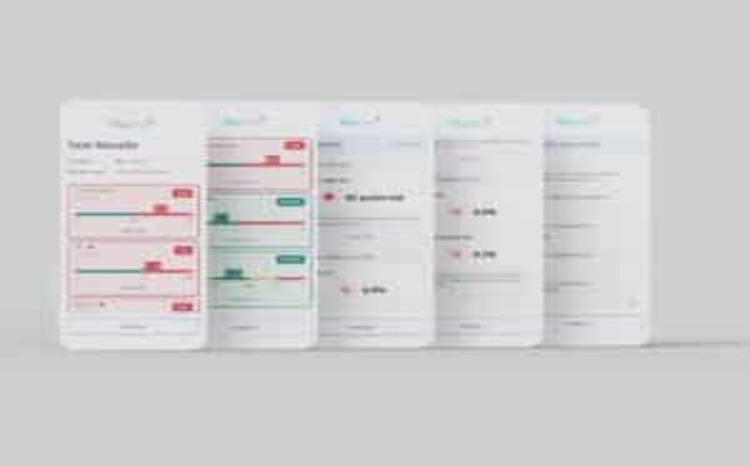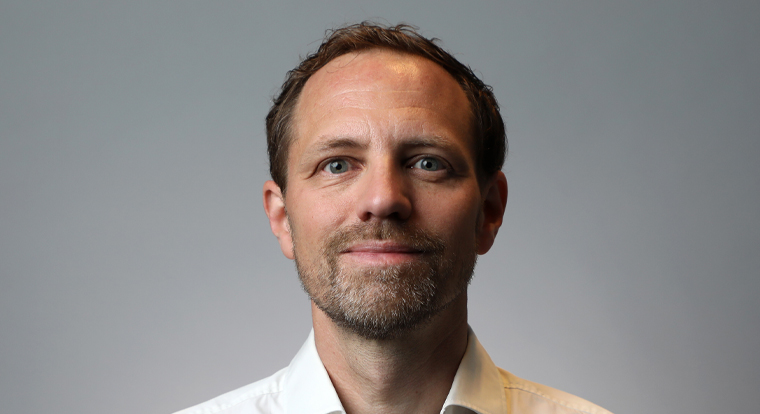Five digital healthcare projects share £9m innovation funding

Five digital healthcare solutions that deliver projects including artificial intelligence, machine learning and hand-held solutions have recieved a share of a new £9million grant for innovative projects.
The funding boost, through the government’s Digital Health Technology Catalyst, aims to accelerate the development of digital health innovation to ensure the UK is at the leading-edge of healthcare.
Recipients are using a host of new technologies to address the most pressing healthcare priorities including; machine learning and hand-held devices to improve the targeting of clinical interventions; to the use of portable brain imaging technology to help identify patients personalised risk of developing dementia.
Science and innovation minister, Chris Skidmore, said: “From using AI-driven voice technology to assess patient’s health before seeing a doctor, to hand-held devices which observe health status and alert clinicians to treat high-risk patients, we are taking steps to ensure people are healthier for longer while saving the NHS money.
“These advances in technology, across the UK, demonstrate our modern industrial strategy in action by harnessing the power of innovation to help meet the needs of an ageing society, and creating the high skilled jobs of the future.”
Ian Campbell, interim executive chair of Innovate UK, for UK Research and Innovation which is helping deliver the grant, added: “The UK is a world leader in health innovation and the projects for which we have announced funding today showcase the very best of British knowhow.
“Using breakthrough technologies such as AI and machine learning and deploying apps and hand-held devices, outcomes for patients can be immeasurably improved.
“Supporting these innovations is a key element of the government’s industrial strategy and will create the industries and jobs of tomorrow.”
Funded through the Industrial Strategy Challenge Fund, the Digital Health Technology Catalyst (DHTC) is a £35 million fund, being run over 4 years.
Funding is targeted at SMEs to promote a varied industry of innovative technologies, with the potential to significantly change care pathways and to improve patient outcomes and create NHS efficiencies.
The projects which have received funding are:
- Rugby-based OpusVL, has developed eObs, which allows clinicians to observe patients digitally through hand-held devices. The device can then send an automatic alert to specialists or consultants if patients are identified as ‘at risk’
- Red Star Consulting Ltd is leading a Glasgow-based project applying machine learning to analyse clinical notes recorded in the electronic health record of diabetes patients. The machine learning models predict, based on patient’s clinical notes, the risk of different clinical endpoints such as heart attack or death and present this information to the clinician as a score or alert
- Kent-based Mind over Matter MedTech is working with Wessex Academic Health Science Network to trial novel, low-cost and portable brain imaging technology. This aims to test patients personalised risk for developing dementia in a non-invasive manner, and at least a decade before any clinical symptoms would appear
- Working with the University of Oxford, Ufonia will deploy AI-driven voice technology to call patients and have a fully autonomous, natural conversation, to assess their health status against specified criteria. In live clinical use, the technology will assess the health of nearly 1000 patients who have had cataract surgery at a large NHS hospital Trust over 6 months
- Leicester-based Snoozeal, working with the University of Loughborough, Snoozeal Limited has developed a device to treat obstructive sleep apnoea, a condition where the muscles and soft tissues in the throat relax and collapse, blocking the airways for 10 seconds or more during sleep, which can cause long-term health problems. The device contracts muscle at the rear of the tongue through a 20-minute daily toning regime of mild electric pulses. The Snoozeal device aims to be connected to an intelligent platform to collect biosensor data of tongue tone, which will be classified by machine learning and AI-based to deliver personalised treatment regimes




